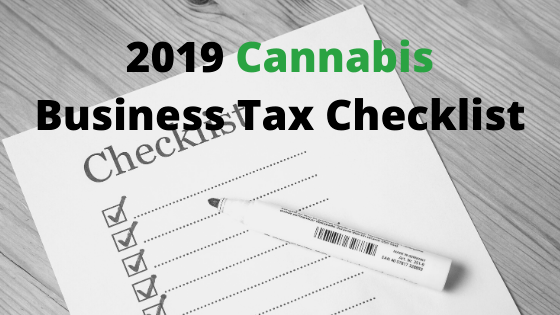What’s Section 199A, and why can't cannabis business take advantage of it?
Section 199A allows certain businesses to deduct 20% of its qualified business income. Because of the tax laws preventing business involved in selling the schedule 1 drugs, these deductions aren't able for cannabis businesses.
Section 280E of the IRC is the reason why cannabis businesses won’t be able to benefit from the Section 199A deduction.
At its core, as long as cannabis is considered a Schedule I or II substance, Section 280E significantly limits the deductions and credits that a cannabis business can take.
The limitations on what's involved in the cost of goods sold calculations for most cannabis business models, and the exclusion of the Section 199A deduction will continue to cause the cannabis businesses to have a higher effective tax rate compared to non-cannabis companies.
And although the IRS’s regulations and court guidance are silent regarding the Tax Cuts and Jobs Act’s treatment of cannabis businesses, it’ll be safe to assume that cannabis businesses won’t receive the 199A deduction unless the courts say otherwise.
While cannabis businesses may not be able to take advantage of the Section 199A deduction, they may be able to benefit from the changes to how C corporations are taxed. With the tax reform changes, C Corporations are taxed at a flat rate of 21%, which makes the C Corporation an attractive entity for a cannabis business. If you are in a tax bracket greater than 24 percent and operate a cannabis business, you should strongly consider the C Corporation as your entity of choice.
Selecting a C Corporation for your cannabis business makes sense from a pure numbers perspective, but as always, you should have your CPA run the numbers for your specific situation. Be sure to compare all the available entity choices that meet your business model.
If you have questions, contact us and we’d be glad to provide you with a sanity check









